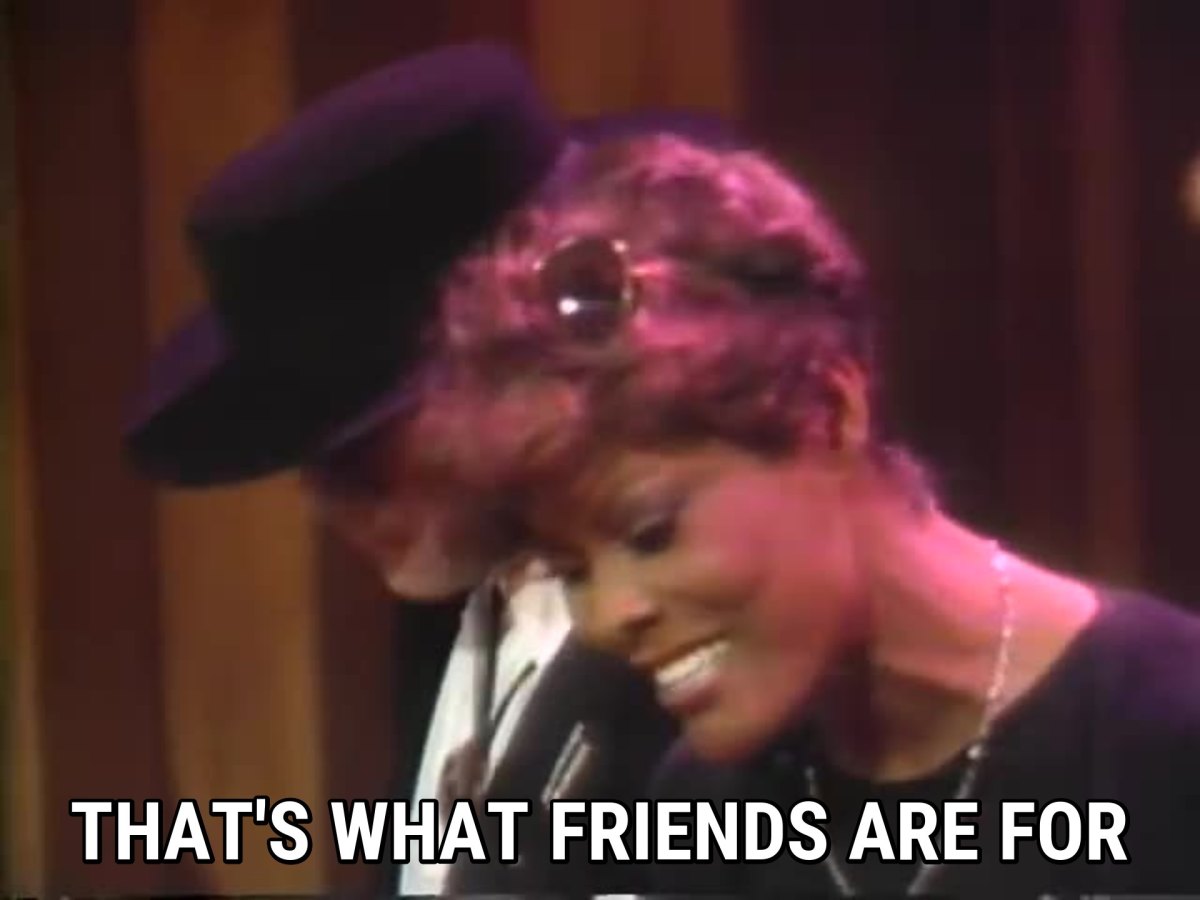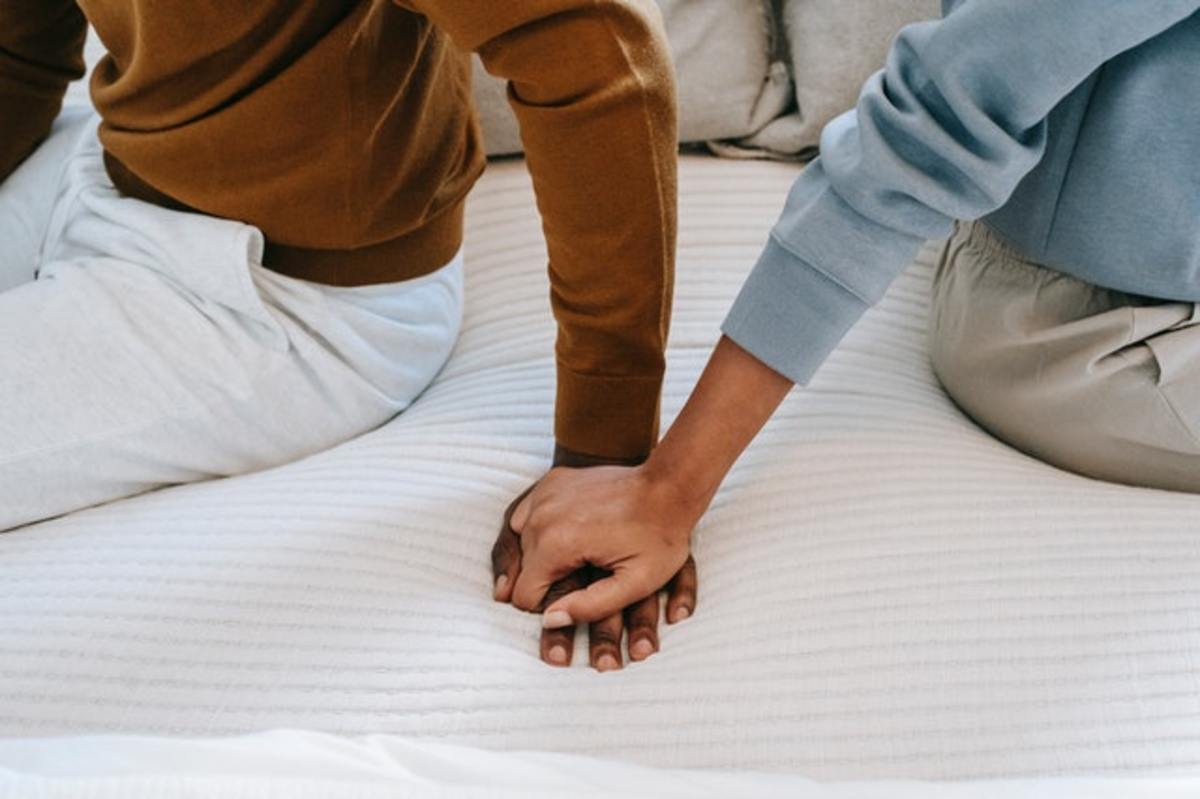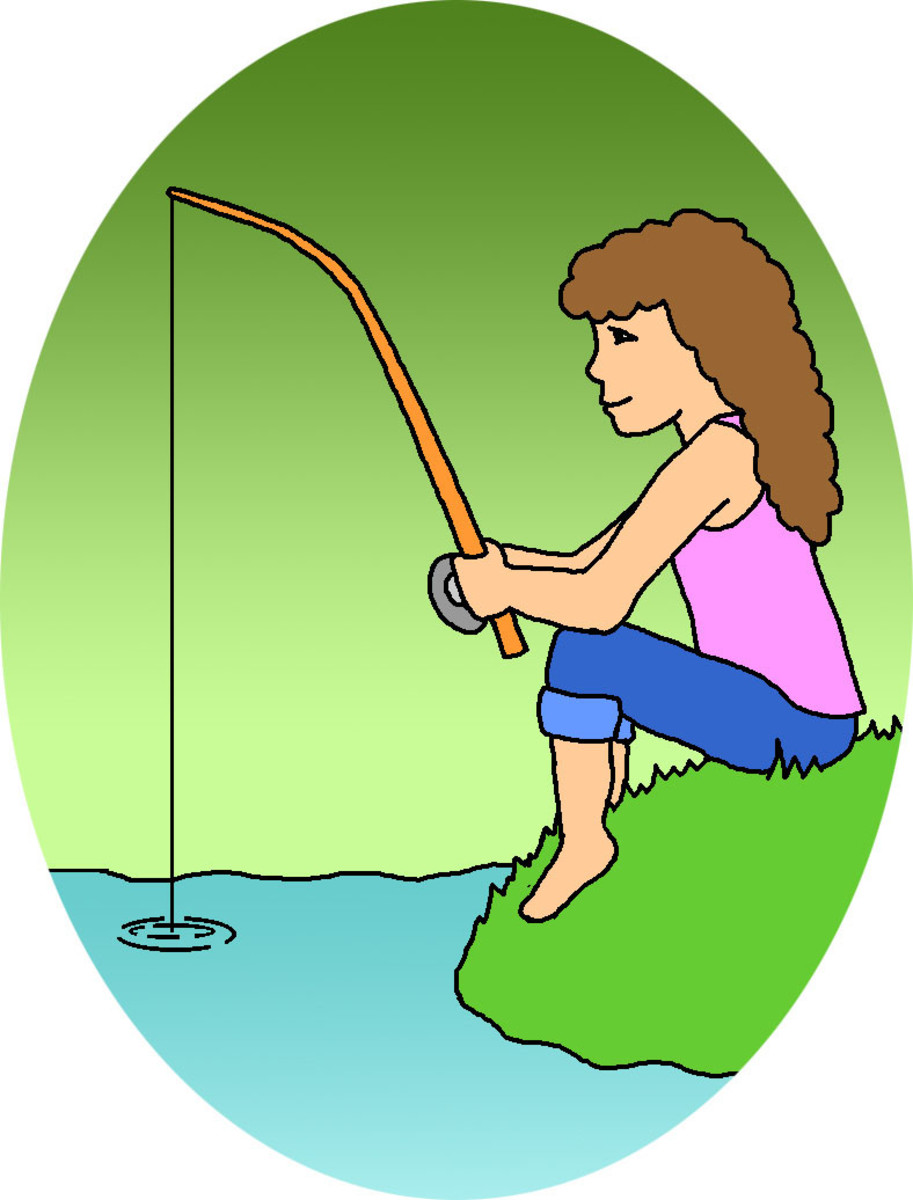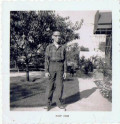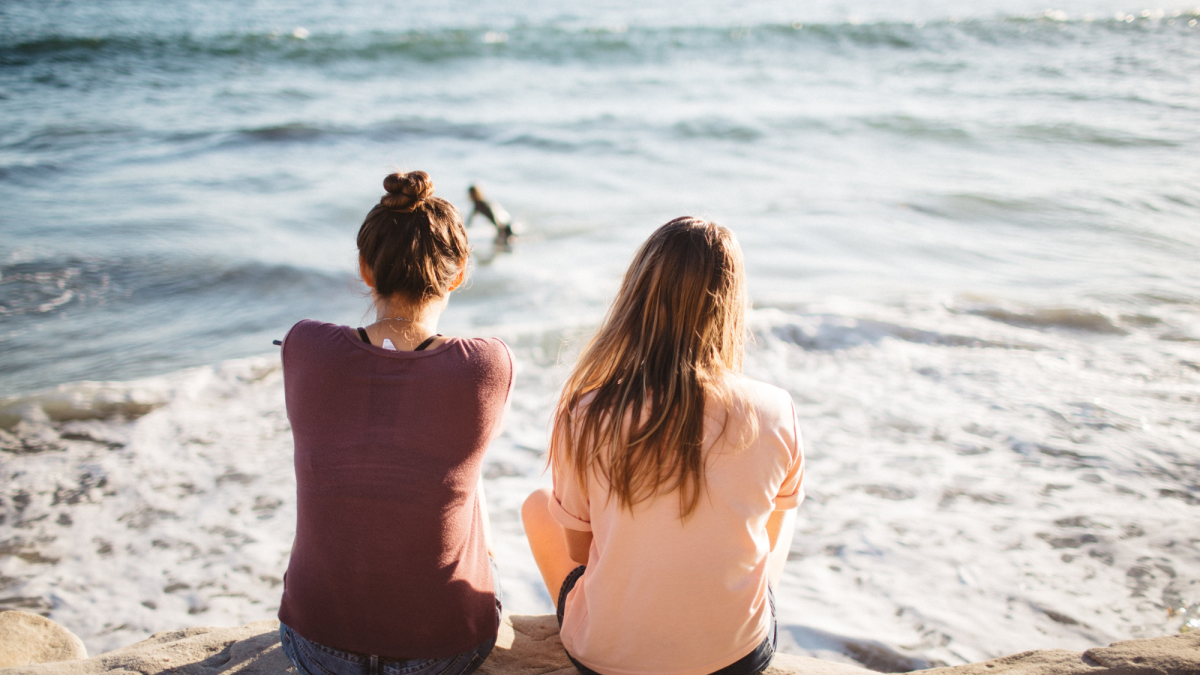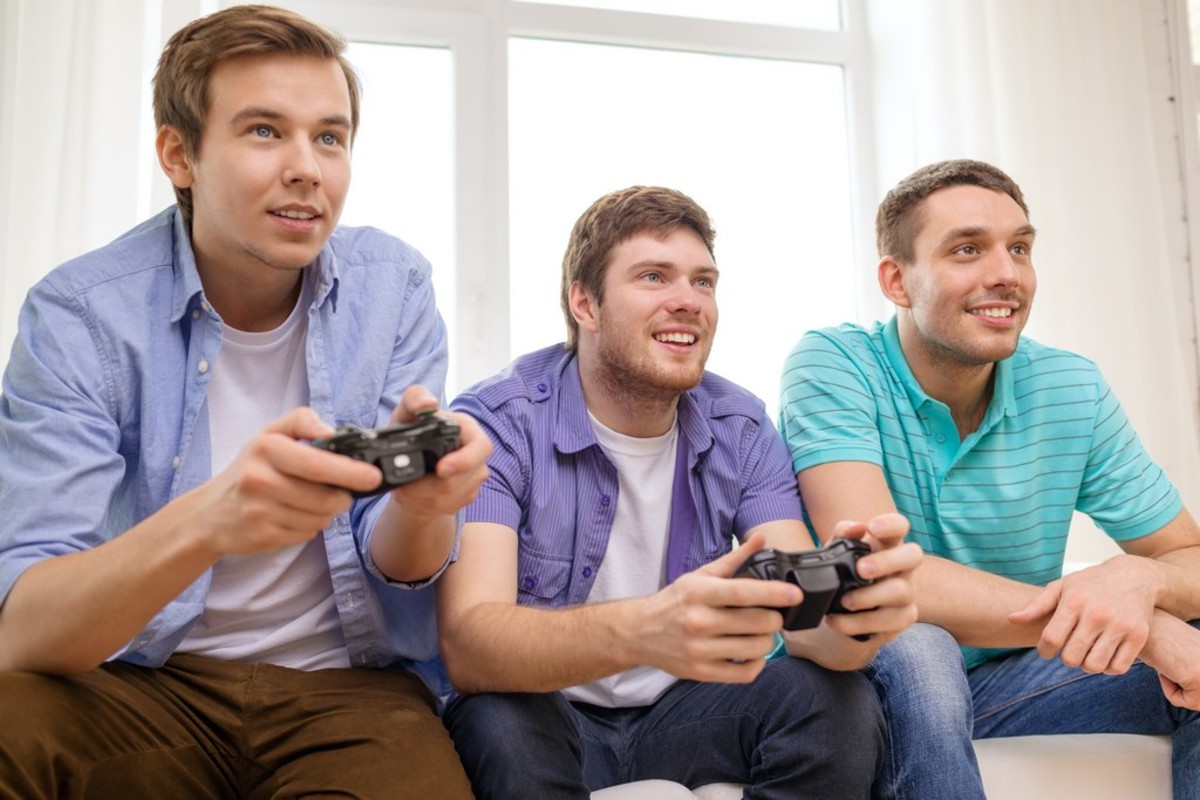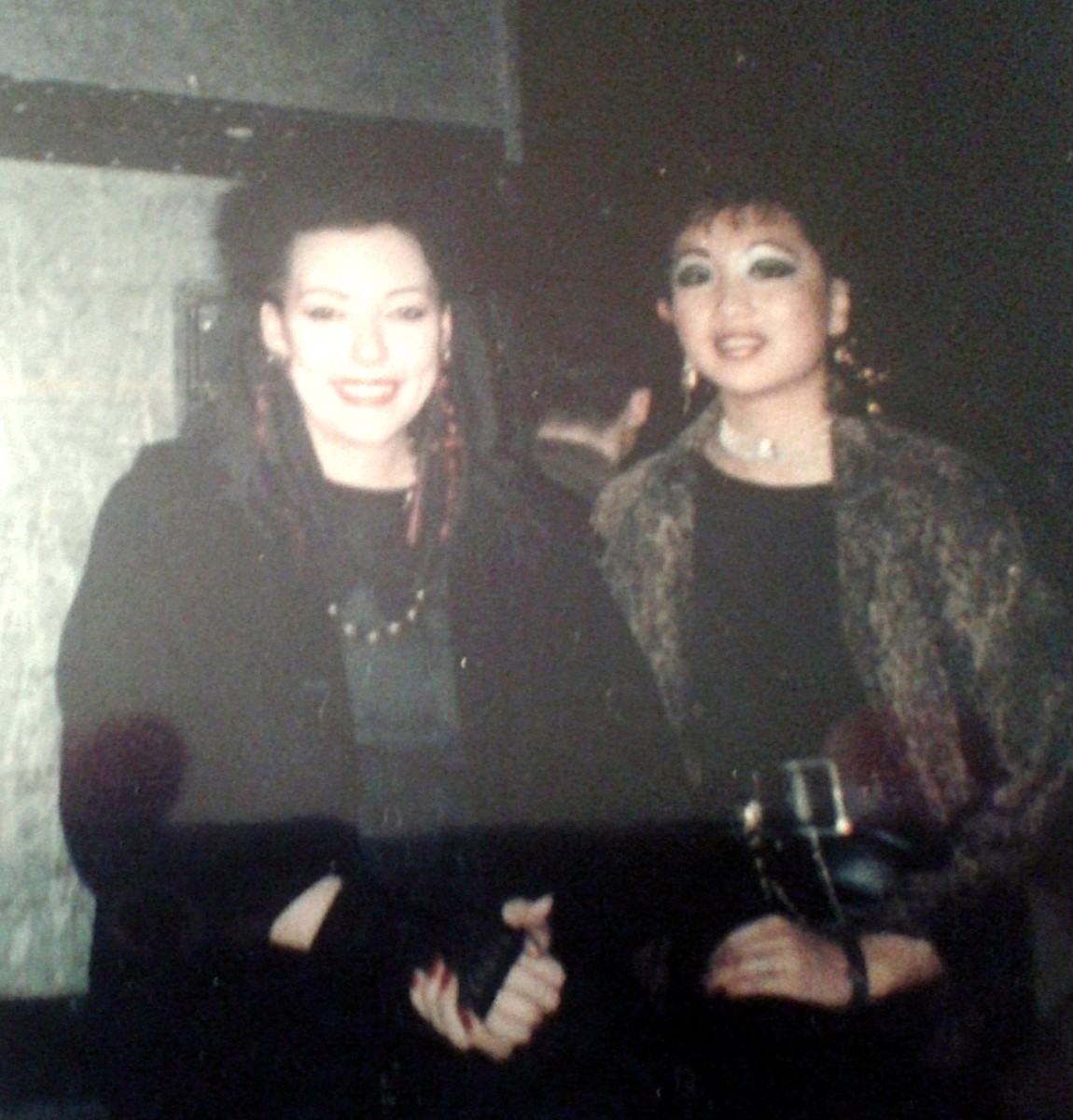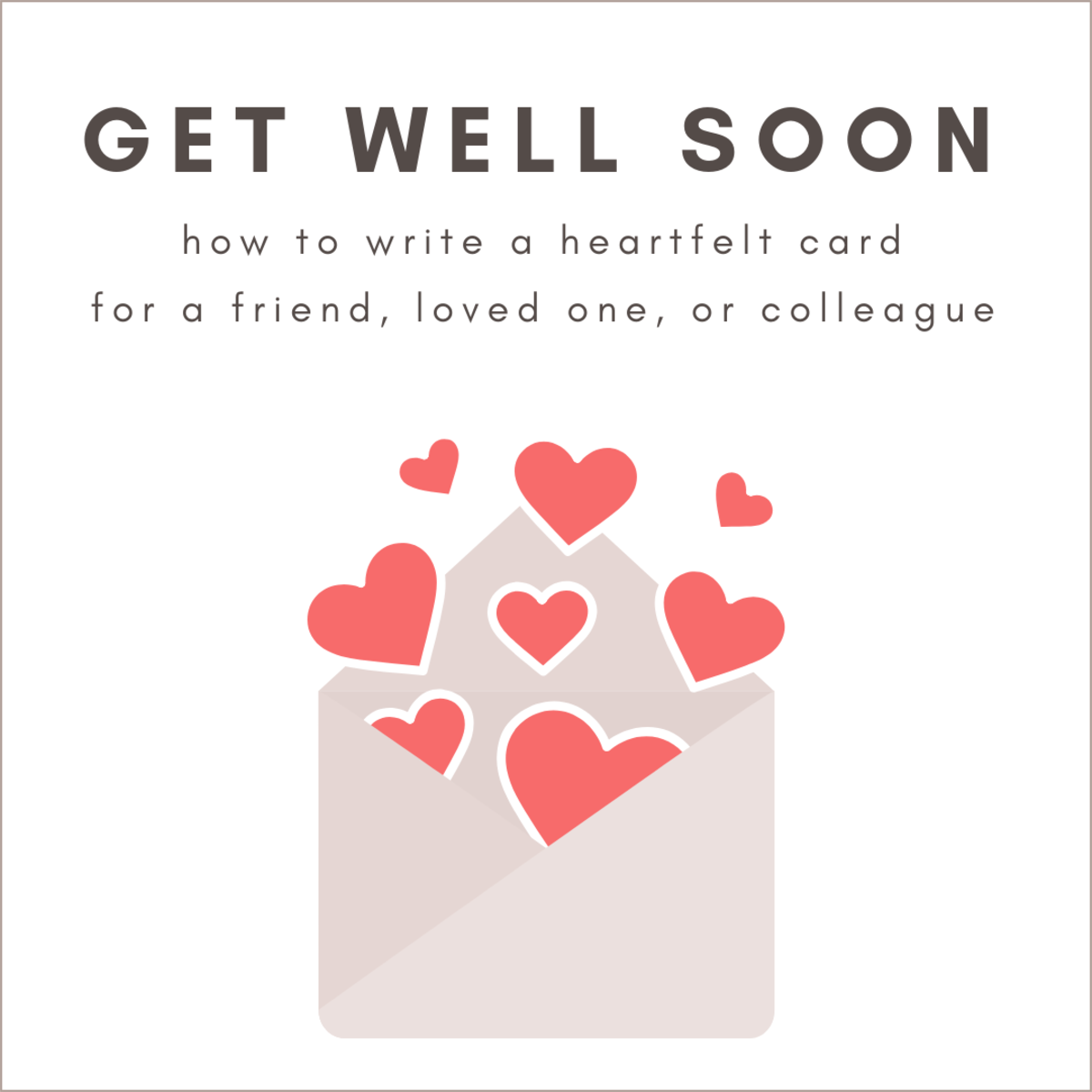How Can I Get My Best Friend Back?
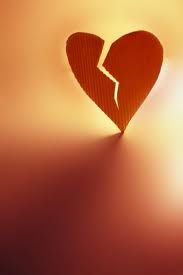
Becca from Chicago, IL, suffered a break-up and asks, "I hurt my best friend, now how can I get my best friend back?" In this hub we discuss how even the strongest friendships can be broken, and how you can mend them to get your BFF back.
The Story of How Becca and Lorna's Friendship Fell Apart
Becca and Lorna had been best friends for four years -- all through college. Lorna was going out of her way to help Becca move out of her dorm for a five-hour drive home.
Becca had just graduated college and was under a lot of stress, thinking about how she was going to get a job in a tough economy. Without thinking, Becca snapped at Lorna over a simple question.
Becca admits she immediately knew she was wrong but didn't apologize because of pride and for fear of looking guilty. Becca also admits she snapped at Lorna twice in the past. "The saying is true -- it's not what you say, but how you say it."
"And Lorna didn't do anything that merited me speaking to her that way. I just didn't control my reaction, didn't think before I spoke. And now I've lost her because I've done it so many times. Three strikes and I'm out."
"Lorna helped me out a number of times. She put my furniture together for me when I moved into my college apartment, she wired me money once when I had nothing left for groceries for two weeks in school, and then when she helped bring me home in her car with a long drive. Her car had even broken down on the way over and she had to pay $600 to get her car fixed."
"Real friends like that are hard to find. I don't know what I was thinking. It's one of the only things in my life I truly wish I could redo differently."
How did Lorna react to Becca's behavior?
"The final time I snapped at her -- when she was helping me move out of my dorm -- she stopped talking to me for quite a few hours. She yelled at me a bit I didn't say much back. The whole ride home was bad. I made a mild apology to her a few weeks later. But Lorna kind of drifted away. She stopped answering my calls."
Even Worse
"Even worse, I have beat myself up over this for five years. As time went on I realized just how much of a jerk I was and how I should have done everything I could to apologize and make it up to her. You realize as you get into the real world that true friends are rare treasures."
Lessons from the Experience for Becca
-
Becca already did something that many people never do -- admit she was wrong. You would be surprised at the number of people who hold onto the belief that they were right in every argument they've ever had. But Becca got through this.
-
Realize that hindsight is 20/20. Without a doubt, it is easier to look back and realize one's mistakes than it is to ever prevent one from happening. Use the experience and your hindsght as a learning tool for how you will treat people in the future.
-
Forgive the mistakes of youth. Becca was in her early 20s when she hurt her best friend. All throughout our 20s we are learning how to function as adults -- having grownup friendships, learning appropriate behavior in the workplace, functioning in society -- it's all tied together.
You don't learn all of it in one day. Remember our maturity level is simply lower in our early 20s than in our late 20s. We all look back with some degree of embarassment and a, "Did I really do that?" Learn to forgive yourself.
Can this Friendship be Saved?
While some people would say to not bother seeking someone out after such a long time to apologize or make an effort, it actually is a good idea in cases like this. If a rift did not involve the authorities or have legal ramifications or intervention, then usually righting a wrong, no matter how late, is worth the effort.
You might not get the reaction you are seeking. Your old best friend might not be kind to you when you reach out, but if they act this way, it is from a position of hurt.
Take this reaction as medicine that is a bit hard to swallow. But feel good that you tried to correct a mistake. You cannot alter the course of history but you can reach out to that human being in a way that promotes healing on both angles.
How do you reach out?
-
For big mistakes and if there has been a lot of time since the incident happened, try writing them an e-mail, sending a Facebook message without trying to friend them, or send a letter to their home.
-
If you live near the person and feel the situation will not escalate if you do this, you could try knocking on their door to have a sit-down chat.
-
Arrange a meeting in public to discuss and apologize.
Give it Time
If your ex-best friend wants to be friends again, it might take some time to mend fences. Don't push it, just give them the time and space they need. If you don't make up, simply accept this and learn from the experience.
One final note:
If you want your best friend back, don't point the finger and place blame on them for anything. You are there to repeatedly apologize and make up for what YOU did. Leave the defensiveness at home.

